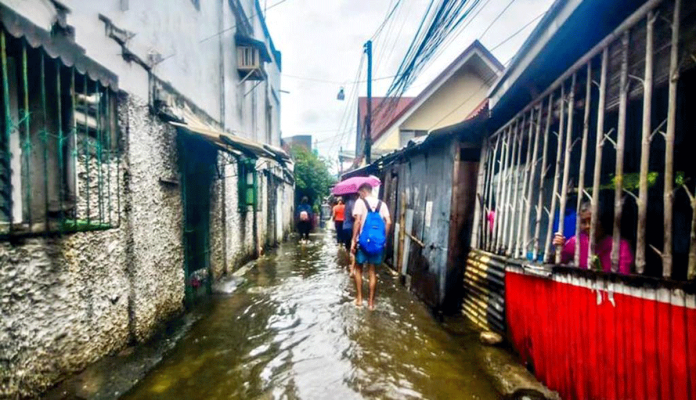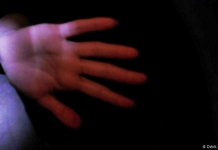
ILOILO – The Provincial Health Office (PHO) warned Ilonggos about leptospirosis, a potentially fatal disease that one could get by wading through contaminated floodwaters.
According to PHO head Dr. Maria Socorro Colmenares-Quiñon, the province had 45 leptospirosis cases with three deaths from Jan. 1 to Dec. 31 last year – 1,400 percent higher than last year’s three cases with no deaths recorded.
Quiñon attributed the sharp increase to severe flooding brought by successive typhoons in the third quarter of 2020.
The municipalities with the most number of cases were the following:
* Balasan – eight
* Lambunao – four
* Banate – four
* Carles – three
* San Enrique – three
* Passi City – three
* Tubungan – two
* Guimbal – two
* Estancia – two with one death
* Miag-ao – two with one death
The remaining leptospirosis-related death was in the town of Calinog.
In 2019, three persons died due leptospirosis. They were from Alimodian, Santa Barbara and Tigbauan.
One becomes infected through direct contact with the urine of infected animals or with a urine-contaminated environment. The bacteria enter the body through cuts or abrasions on the skin, or through the mucous membranes of the mouth, nose and eyes.
In the early stages of the disease, symptoms include high fever, severe headache, muscle pain, chills, redness of the eyes, abdominal pain, jaundice, hemorrhages in the skin and mucous membranes, vomiting, diarrhea, and rash.
Quiñon advised those who had to wade in the flood to be alert for any symptom and to seek early consultation.
The Department of Health listed the following leptospirosis prevention and control measures:
* Avoid swimming or wading in potentially contaminated water or floodwater.
* Use of proper protection like boots and gloves when work requires exposure to contaminated water.
* Drain potentially contaminated water when possible.
* Control rats in the household by using rat traps or rat poison, maintaining cleanliness in the house.
Quiñon said people with cuts or open wounds and have waded in rice fields or floodwaters better see a doctor immediately./PN



